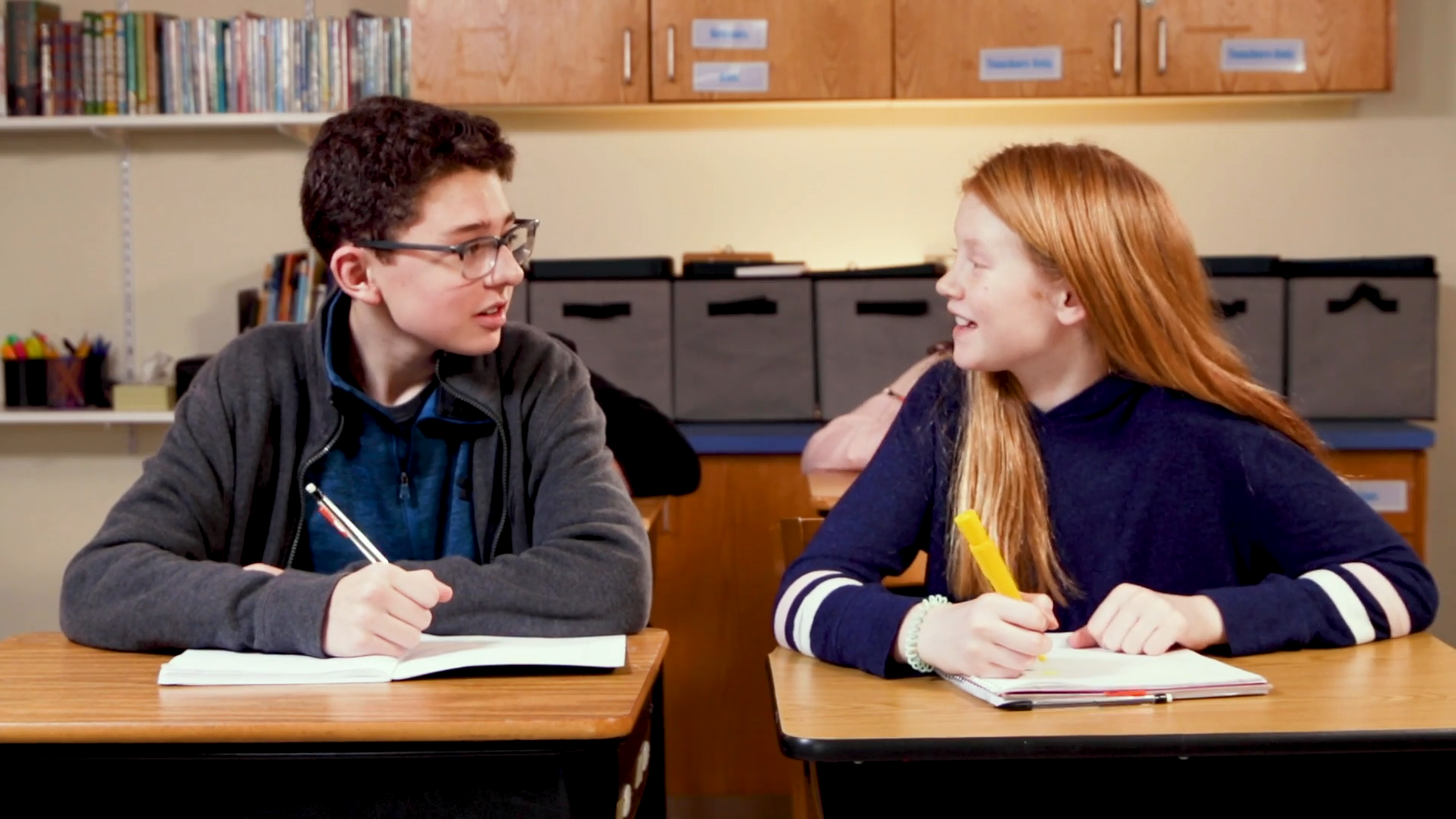
Introduction
Compromise plays a crucial role in social-emotional learning as it helps students develop essential life skills. It is important for students to understand the concept of negotiation and agreement to create a win-win situation. This blog post will discuss an engaging, no-prep activity to help students learn the art of compromise, along with discussion questions and related skills.
No-Prep Activity: The Compromise Game
The Compromise Game is a simple activity that requires no preparation or materials. It helps students practice the process of negotiation and agreement. Here’s how to play:
- Divide the students into pairs.
- Ask each pair to think of a situation where they need to compromise (e.g., choosing a game to play or deciding on a snack).
- Give the students a few minutes to discuss their chosen situation and come up with a fair compromise.
- After the students have reached an agreement, ask each pair to share their situation and the compromise they made with the class.
This activity allows students to practice the essential components of compromise, such as considering others’ needs, being flexible, and reaching a fair agreement.
Discussion Questions
After completing the Compromise Game activity, use these discussion questions to stimulate further conversation and reflection:
- Why is it important to be flexible when trying to reach a compromise?
- How does being a good listener help in the process of negotiation and agreement?
- Can you think of a situation where you had to compromise with a friend or family member? How did it make you feel?
- Why is it important to create a win-win situation when compromising?
- What can you do if you find it difficult to reach a compromise?
Related Skills
Beyond compromise, there are several other skills that contribute to students’ social-emotional development. Some of these skills include:
- Empathy: Understanding and sharing the feelings of others helps students develop compassion and better navigate social situations.
- Communication: Effective communication is key to expressing thoughts, feelings, and needs, as well as understanding others.
- Conflict Resolution: Learning how to address and resolve conflicts in a respectful and constructive manner is essential for maintaining healthy relationships.
- Problem Solving: Developing problem-solving skills enables students to approach challenges with creativity, flexibility, and resilience.
Next Steps
Now that you have a better understanding of the art of compromise and its importance in social-emotional learning, it’s time to put these concepts into practice. To help you get started, we invite you to sign up for free samples of skill-building materials and other resources designed for educators working with elementary students.
Explore various activities, videos, and lessons that will support you in teaching your students the crucial skills they need to succeed in their social and emotional development. Don’t miss this opportunity to make a lasting impact on your students’ lives!

